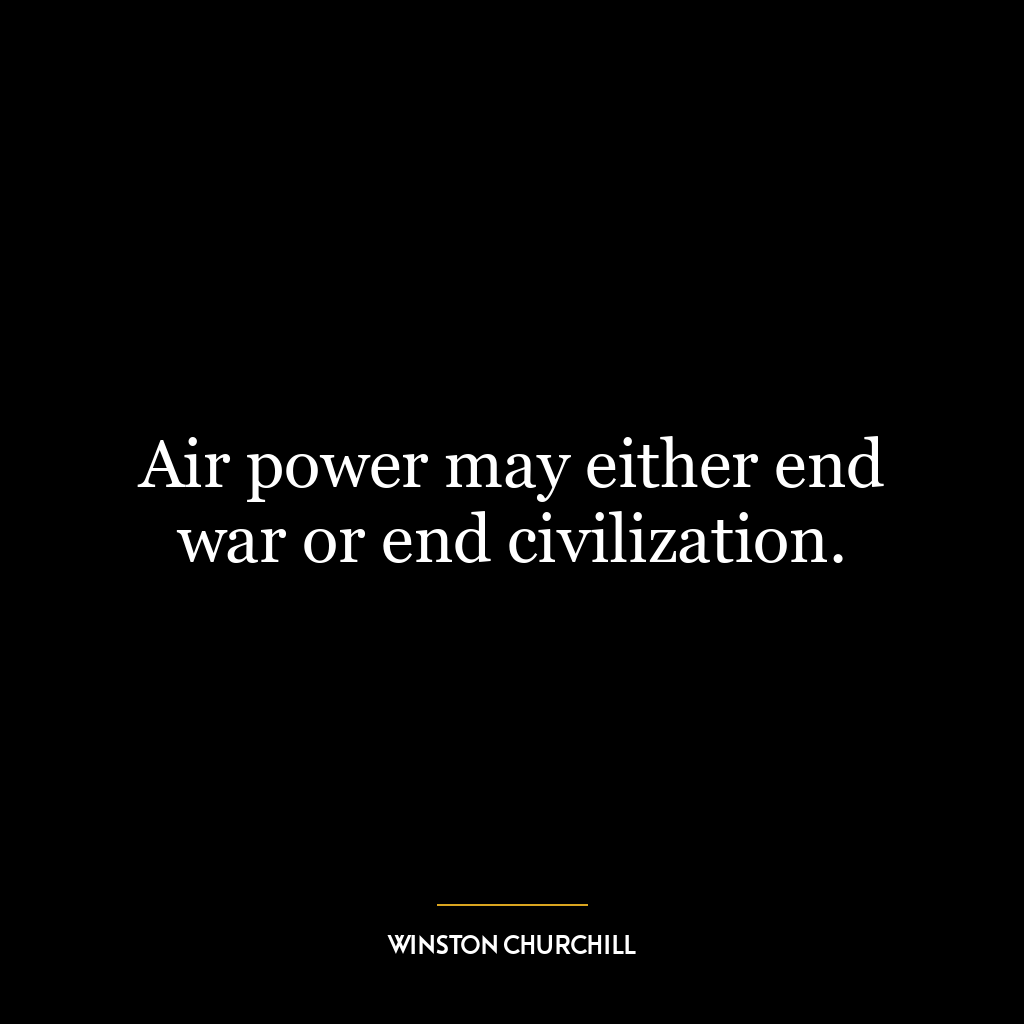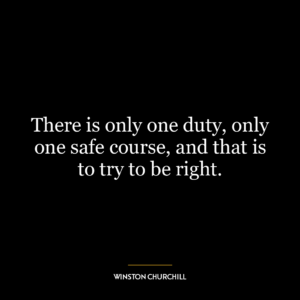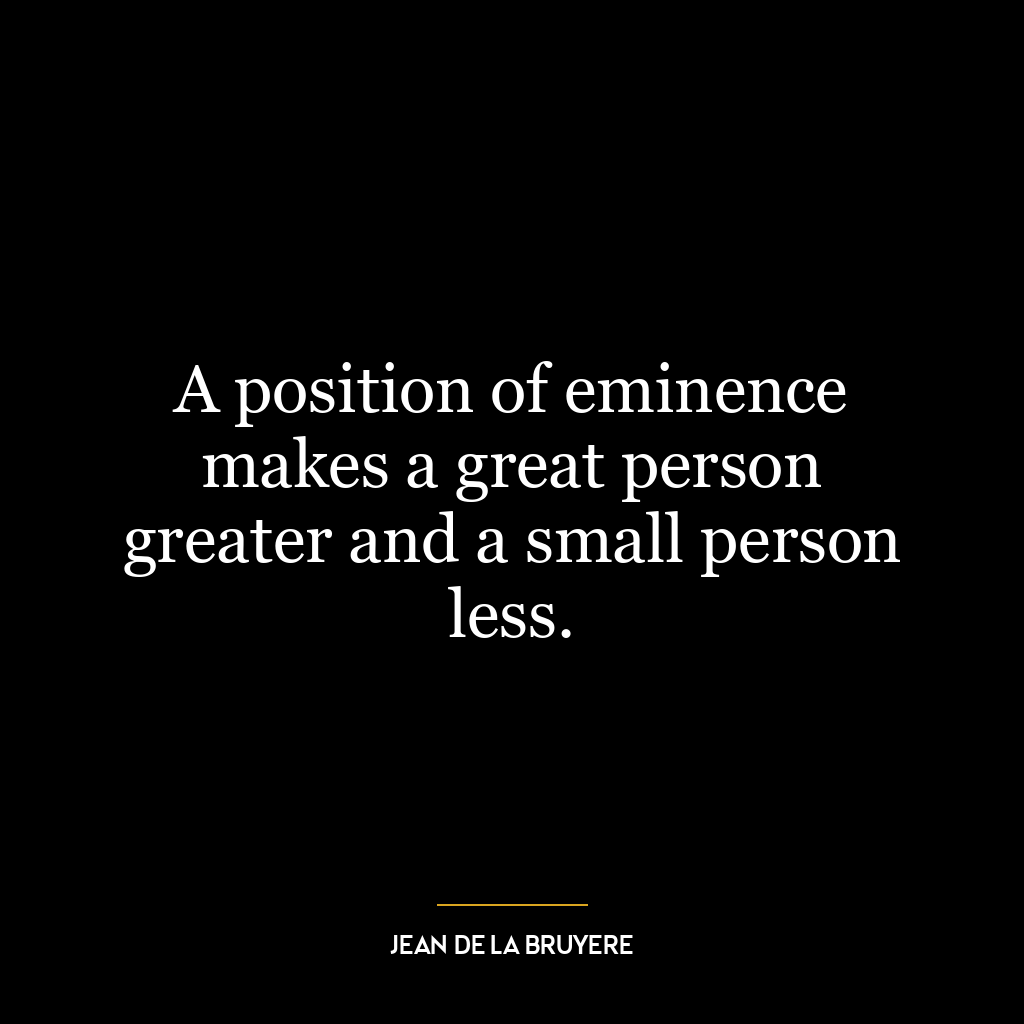Air power may either end war or end civilization.
This quote suggests that air power, or the use of military aircraft and weaponry, holds a dual potential: it can either be a tool for ending conflicts, or it can lead to the destruction of civilization. This is due to the sheer destructive capabilities of air power, especially in the context of the time when it was first being widely used in warfare.
On one hand, air power can end war by serving as an overwhelming force that can quickly and decisively turn the tide of a conflict. It can be a deterrent, discouraging potential aggressors from starting conflicts. This is the ideal scenario, where air power is used responsibly and effectively to maintain peace.
On the other hand, air power can also end civilization. This refers to the potential for mass destruction that comes with the use of air-delivered weapons, particularly nuclear weapons. If used recklessly or maliciously, air power could lead to large-scale devastation and loss of life, potentially ending civilization as we know it.
In today’s world, this quote is still quite relevant. The balance of power in the world is often determined by the possession and potential use of advanced military technology, including air power. Countries with strong air forces often have significant influence on global affairs. However, the misuse of such power, especially with the proliferation of nuclear weapons, could lead to catastrophic consequences.
In terms of personal development, this quote could be interpreted as a commentary on the power of knowledge and skills. Just like air power, knowledge can be used either for positive or negative outcomes. It can be used to build and create, or to destroy and harm. Hence, it’s crucial to use our abilities responsibly and ethically, always considering the potential consequences of our actions.















